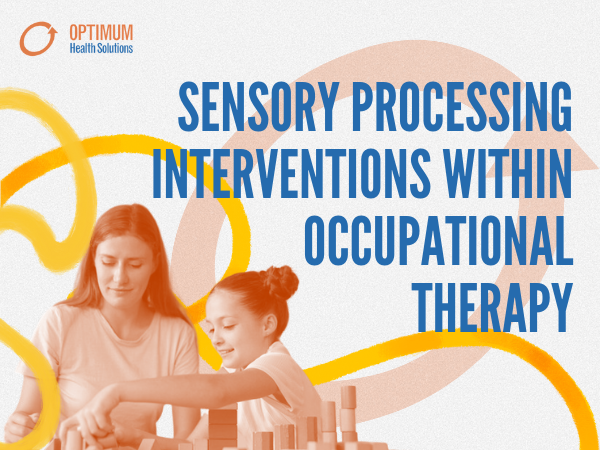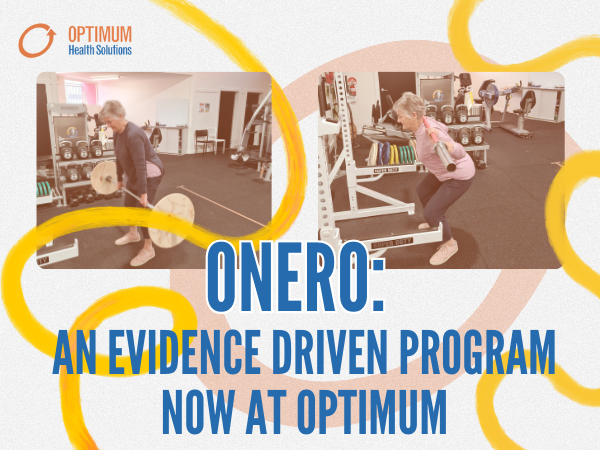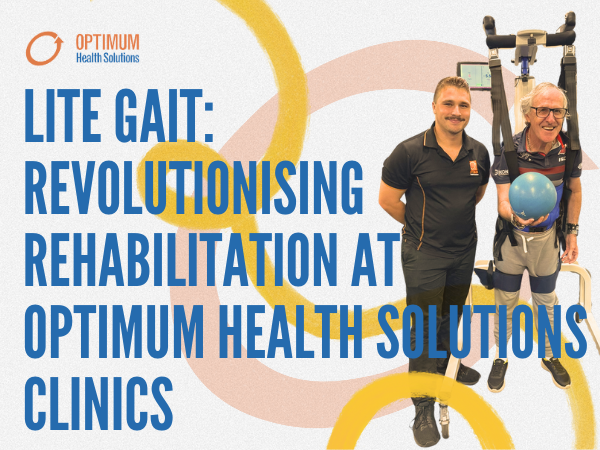In Occupational Therapy, a key focus is enhancing individuals’ ability to engage effectively in daily activities. Sensory processing is pivotal in influencing how we perceive and respond to the world. Understanding and addressing sensory processing challenges can significantly impact an individual’s well-being.
Sensory processing refers to how our nervous system receives, organises, and interprets information from our senses – touch, taste, smell, sight, and sound. For some individuals, sensory processing can be overwhelming, leading to difficulties functioning and participating in daily life. Occupational Therapy (OT) becomes a crucial ally in facing these challenges.
OT practitioners employ a holistic approach to identify and address sensory processing issues that may hinder an individual’s performance in various activities. Therapists strive to enhance sensory integration through personalised interventions – the ability to process and organise sensory information seamlessly.

One common challenge is sensory modulation, where individuals may struggle to regulate their responses to sensory stimuli. This can manifest as hypersensitivity, causing distress in response to seemingly ordinary stimuli, or hyposensitivity, where individuals may seek excessive sensory input. OT interventions often include activities that gradually expose individuals to stimuli, helping them develop adaptive responses.
Sensory-based activities are carefully chosen to align with a client’s needs and goals. Therapists may incorporate deep-pressure massages, swinging, or brushing techniques to provide the sensory input required for improved modulation. These activities not only enhance sensory processing but also contribute to improved attention, self-regulation, and motor skills.
Occupational Therapy is vital in addressing sensory processing challenges, enabling individuals to participate fully in daily life. By focusing on personalised interventions, OT practitioners empower clients to navigate their sensory experiences more effectively. As awareness grows, incorporating sensory strategies into daily routines becomes a powerful tool for unlocking the potential of individuals with sensory processing differences.














